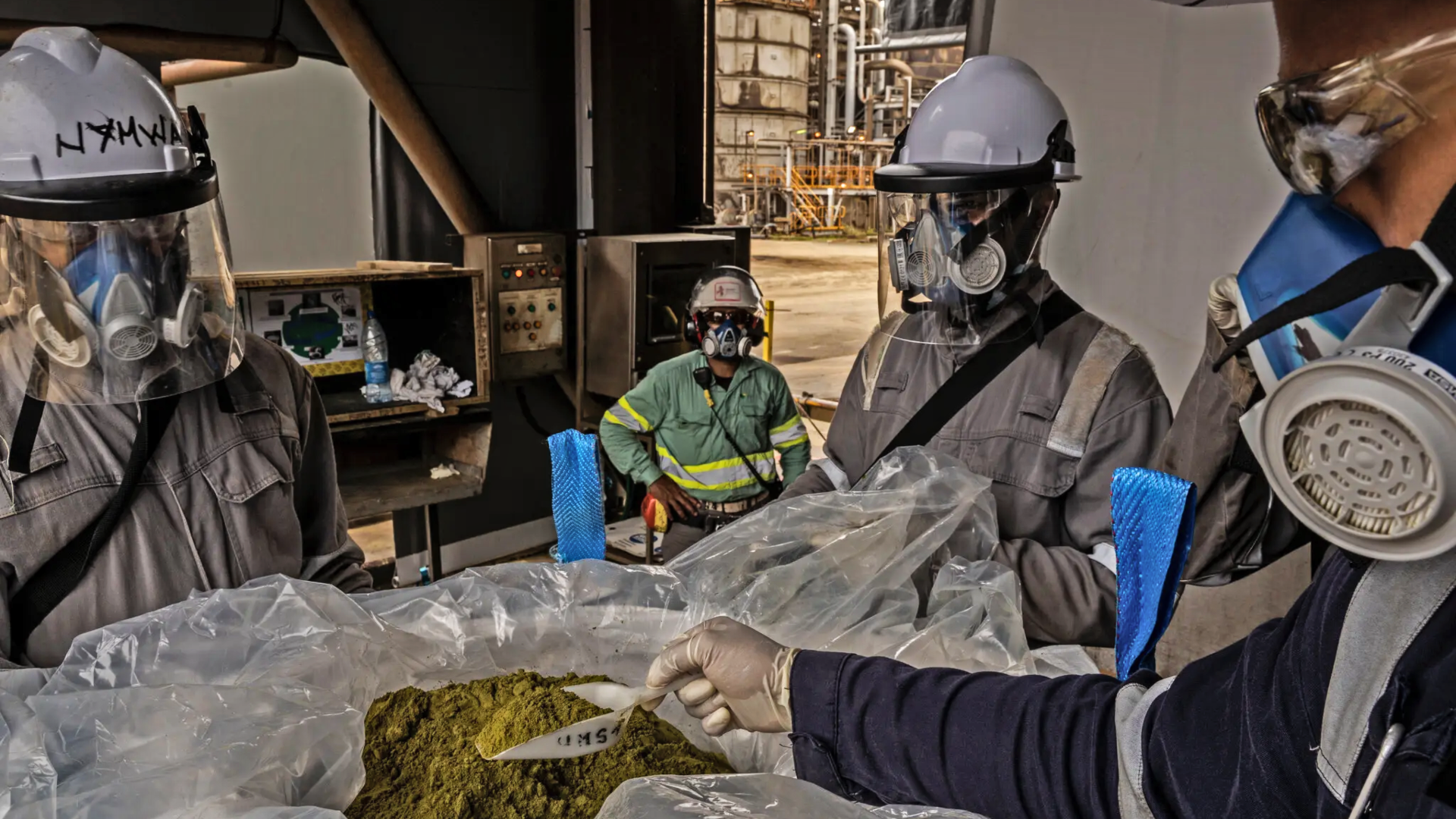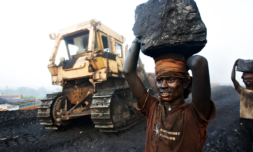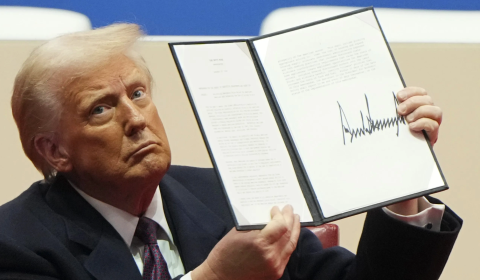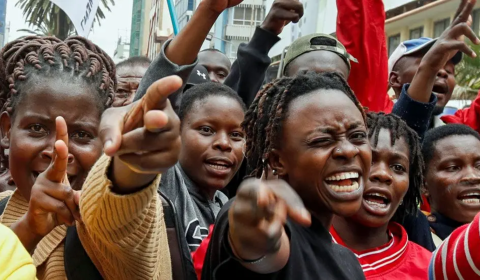Precious metals like cobalt and nickel are vital components of electric batteries, but extracting them is a dirty and dangerous. As the demand for green tech grows in 2022, are we any closer to fixing the labour and sustainability issues?
2022 is going to have to be a big one for vehicle manufacturers, if we’re going to meet any of the clean transport pledges made at COP26.
Whilst the majority of the planet’s largest economies are focused on getting as many electric batteries into vehicles as possible before 2040, there isn’t much attention on how we’re going to harvest materials without creating further harm to the planet. It’s a real paradox.
For those unaware, the mineral sector is intrinsically linked to depressing labour issues, and (if you look far back enough) the colonial exploitation of indigenous communities. Today, geopolitical issues prevent us from haring into untapped lithium reserves – with the largest currently under the control of the Taliban.
It goes without saying then, before we look to accelerate the commercial supply of these minerals, we must also find ways of making our green battery revolution more environmentally and socially responsible.
The run on #cobalt in 2021. We expect this to continue as the underlying causes have not gone away. #lithium #batteries @Tesla @Teslarati pic.twitter.com/pxa3ESjgjE
— CBLT Inc. (TSXV: CBLT) (@CBLTInc) January 4, 2022
The long-ignored drawbacks
Replacing gas and oil in the transport industry is a tricky thing when attaining metal ores feeds an ethical labour crisis, and refining them continues to damage the atmosphere.
The demand for green batteries in the west – utilised for electric cars and smartphones, in particular – means the need for workers is constantly growing in regions with rich natural reserves of cobalt.
In the Democratic Republic of Congo, among many other places, this is mined around the clock in largely unregulated and dangerous conditions.
In fact, it’s estimated that 20% of Congolese mining operations are small scale and use mostly child workers aged between 3 and 17. In underground shafts around 10 metres long, they are resigned to gruelling 12-hour days for around £1 instead of going to school.
Mercury poisoning and fatal collapses are frequent occurrences – a consequence of having no real training or gear (rarely are gloves or footwear worn) – and government legislation is pushing back deadlines to end the practice as far as 2025.
Aside from the human rights aspect, the actual production of electric cars exasperatingly creates twice as much carbon as petrol fuelled cars. This is because mining in places like DRC, the Philippines, and Indonesia is hugely energy intensive in itself, and the resulting material is then mostly shipped to Beijing for refinement using coal.
China, the single largest offender when it comes to emissions, creates batteries for Tesla, Ford, and Volkswagen, while Europe and the US make up approximately just 5 percent of the market.
Given such sizable odds, what are the chances we’ll genuinely crack safe and clean battery development in the foreseeable future then?




















